OMedaSemi develop 4-6 inch SICOI wafers (silicon carbide on insulator wafers). The wafers use Direct Bonding(hydropholic bonding) to bond thermal oxide wafers and 4H high-purity semi-insulating silicon carbide wafers together, and then control the thickness to the thickness you need through ion implantation, annealing, thinning or direct thinning and CMP polishing. ion implantation and direct CMP and thinning have their own advantages and disadvantages.
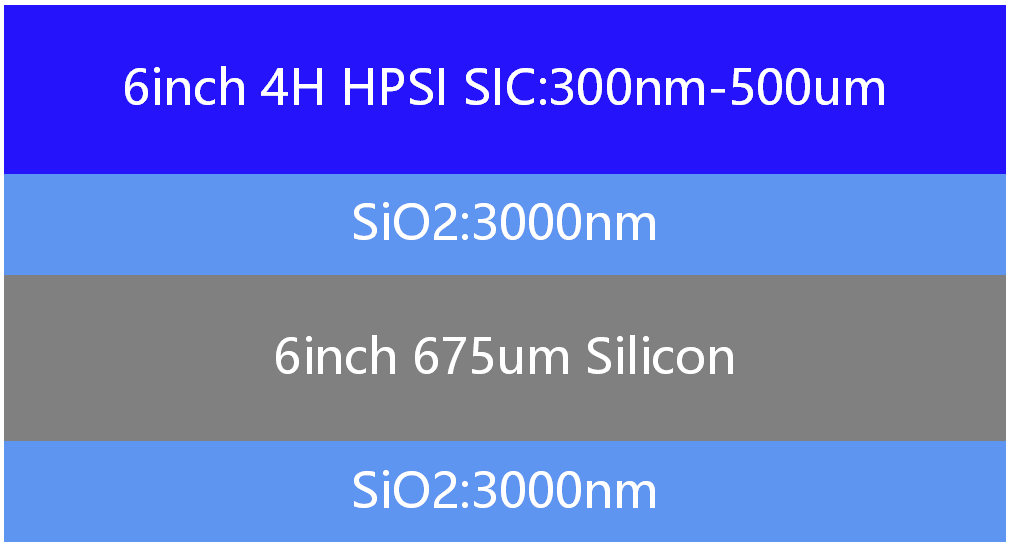
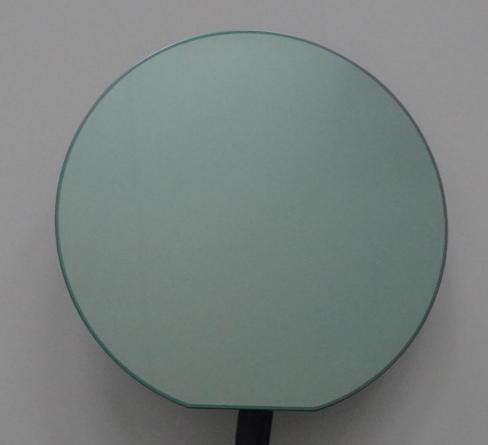
Optical Data we provide:Refractive Index and Absorption Data For Photonics integrated Circuit
Quantity that we shipped to Clients:20PCS
Data that we have ship to clients
Capbility
Based on SMARTCUT process, this method can provide good uniformity but bad optical performance so mainly for MEMS
Film thickness: 50nm-20um
Film thickness uniformity :+-20nm

Based on Grinding+CMP process,this method can provide not so good uniformity but good optical performance so mainly for Photonics and Quantum
Film thickness range: 200nm-any thickness
Film thickness uniformity: +-100nm

Optical Data for you to Simulation

Related paper:(Quantum Photonics MEMS)














Related paper:(MEMS)




Test Data
Wafer 1:-400nm
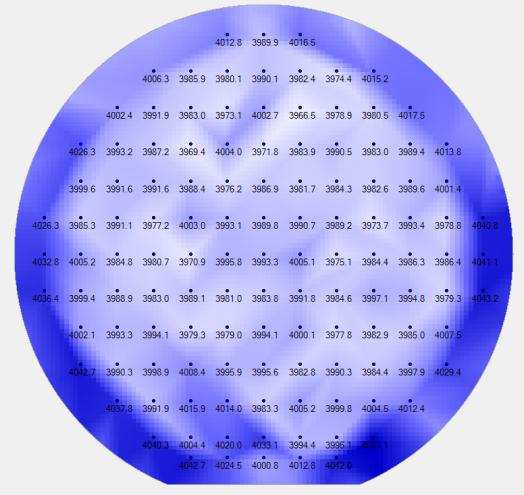
 Wafer 2:-500nm
Wafer 2:-500nm
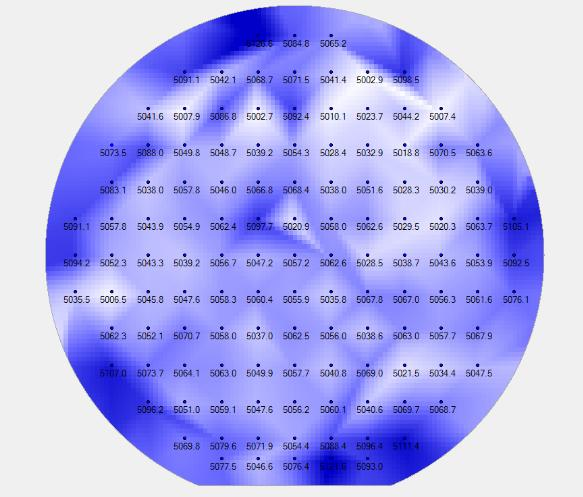

Wafer 3--1um
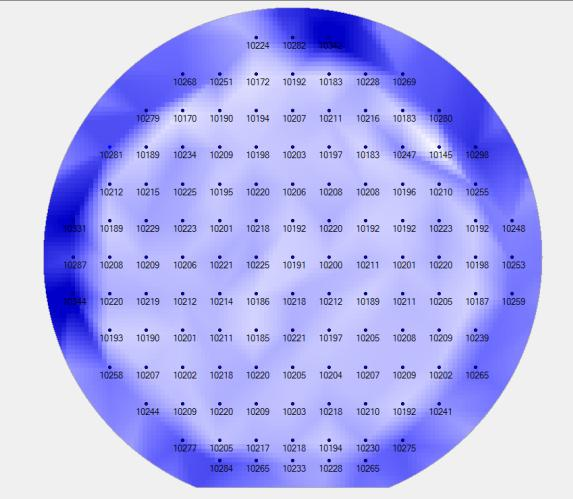

OMeda (Shanghai Omedasemi Co.,Ltd) was founded in 2021 by 3 doctors with more than 10 years of experience in nanpfabrication. It currently has 15 employees and has rich experience in nanofabrication (coating, lithography, etching, two-photon printing, bonding) and other processes. We support nanofabrication of 4/6/8-inch wafers.